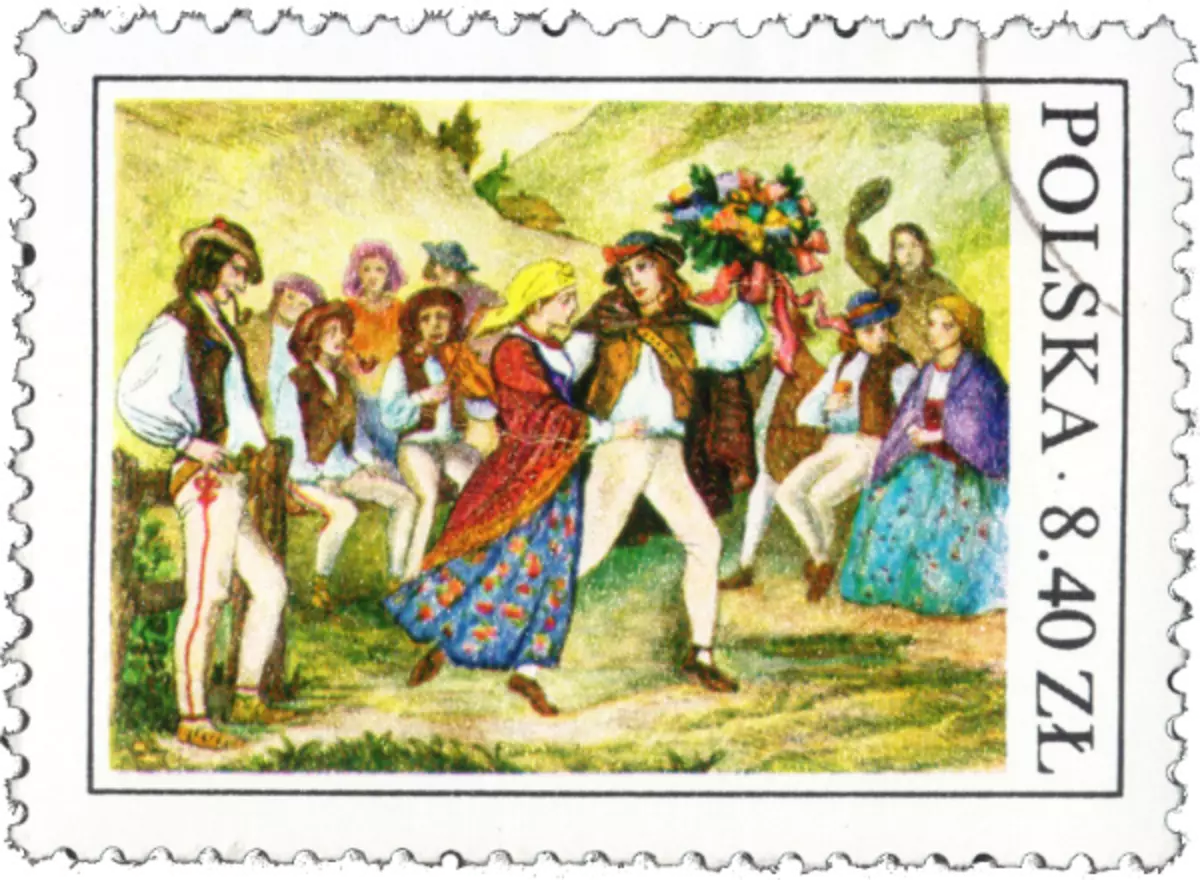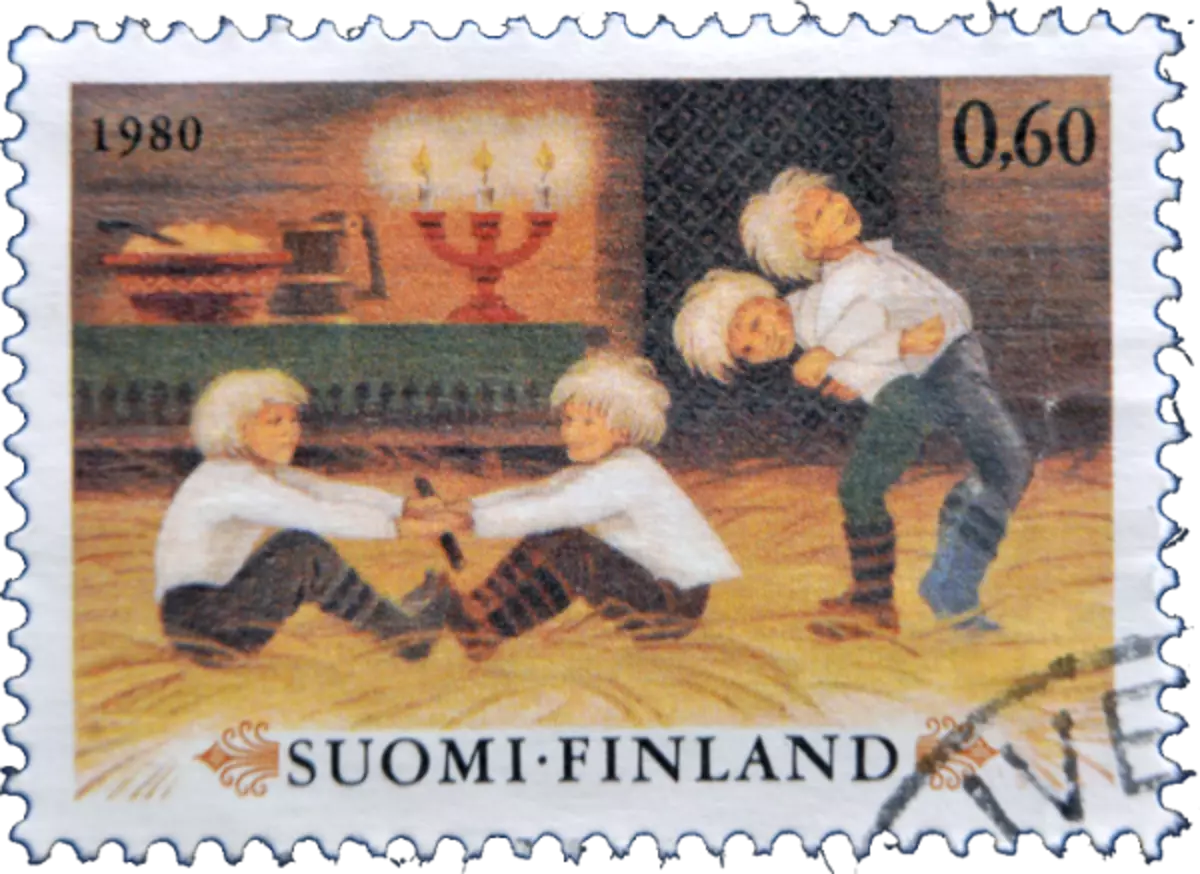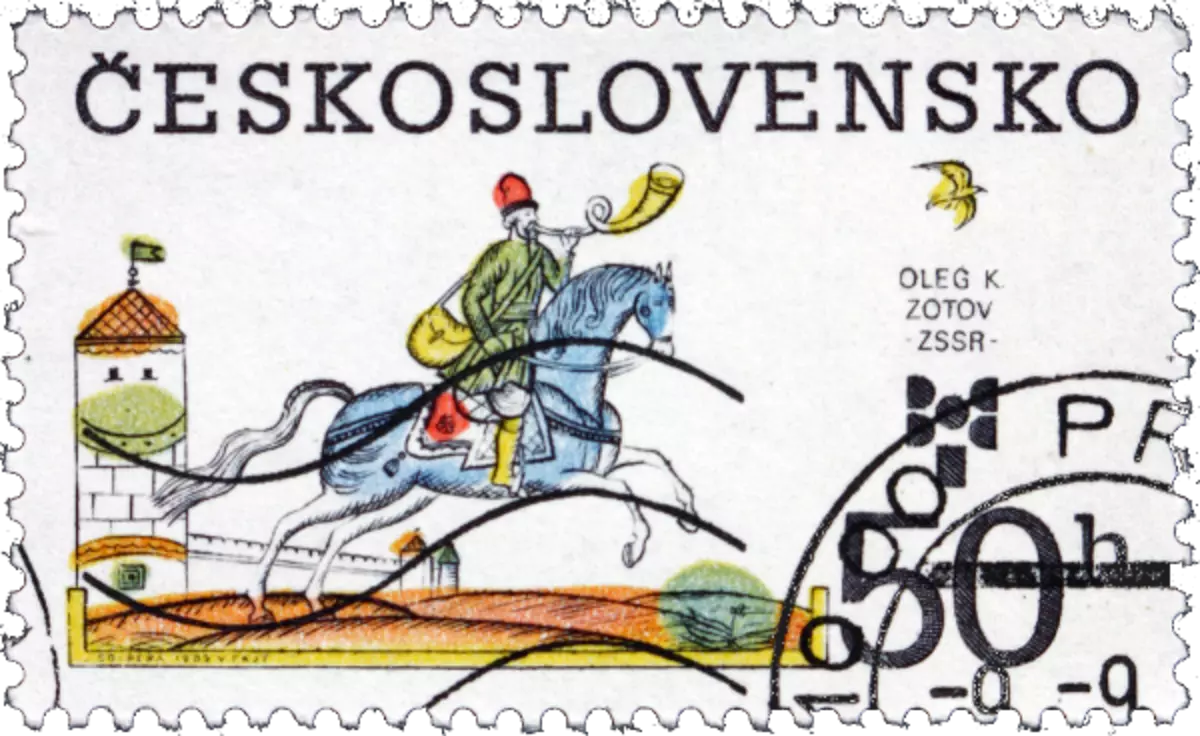A lot of Russian people are ready to speak in a foreign language in human. And the language between the teeth is to overstead, and talk with a returious voice, and develop a musical rumor. But still the sound concepts of some of the languages Russian-speaking brain bargain.
So I want to ask: Hey guys, are you serious?! Do you take and just publish these sounds?Polish language

How do you, for example, the Polish greeting "Chastch!" - Especially if we say you that there are two different "h", and you need to look slightly on the "sh", as if you whisper? Two different pronunciation of "h" and in the word "chchonka" - "font". The first is solid "h", the second is soft. The same in the word "CHCHCH" is "reed". Sophue jaw? Boldly try now to say "jigsters" - "rainy". And these are not words-exceptions. Polish is filled with them. So for example, the video, where representatives of the German fascist occupiers are trying to record the name of a simple Pole on the hearing.
[YouTube id = "gloossfu6cm" align = "center"]
Koisan tongues

The languages of a number of African tribes - Bushmen and Gottentotov - differ in that in addition to ordinary vowels and consonants, it seems like clicks. And they are not used for rare interjections: more than 70% of the roots in the verbs and adjectives begin with a click, from which it is expected to relax, without a pause, go to the following sounds.
Here you try to repeat for this man in glasses and his friends, eh? Not only the pretty mobility of the language is required, but also the ability to pronounce from time to time vowels on the breath. These guys are definitely not aliens? Sounds like a fantastic movie.
[YouTube id = "xzq0pny56pg" align = "center"]
Finnish language

In Russia, almost everyone thinks that there is nothing easier than imitate the present Finnish pronunciation. We just have to pull the vowels and double the consonants. It is clear that in fact in Finnish its own stretching and double system, from which the meaning of the word changes. But what you probably did not know and could hardly depict - long vowels in Finnish very often are in an unstressed position.
Try to pronounce any offer in Russian, intentionally stretching unstressed syllables so that they still remain unknown. You can use during a party with friends instead of the arrogant salon games.
Moreover, in Finnish there is a vowel sound, which is fundamentally pronounced on the breath. Looks like our "Yu".
The same sound is found in one of the options for the word "yes" in Swedish: something like "Schup". The second option for "Yes", simply "ya", can also be pronounced on the breath if used for lespace, and not to answer the question. Try to say "yes" in Swedish, like in this video!
[YouTube id = "xqz6uo9i-mi" align = "center"]
Serbian and Croatian, as well as Czech and Slovak languages

Do not bother, trying to distinguish languages in these pairs from each other, this is not given. Just take into account that words at all without vowels for them - the norm. The role of vowels can be performed by the sound "P". As, for example, in the word "chtrarthrst" denoting the volume of the throat. If you have overcome it, do not be too proud, because in Czech you may need to pronounce entire proposals without a single vowel, as in the popular phrase-example of "Str a PRS SKRZ KRK" - "Looking through the throat."
In order not to lose heart, try to read Czech patters with the girl named Rimma. "Here at least there are vowels," she optimisticly notes.
[YouTube id = "QRR-OSQTPVS" Align = "Center"]
Text author: Lilith Mazikina
Illustrations:
Vitaly Raduntsev / Shutterstock.com,
Spatuletail / shutterstock.com,
neftali / shutterstock.com
Boris15 / shutterstock.com
